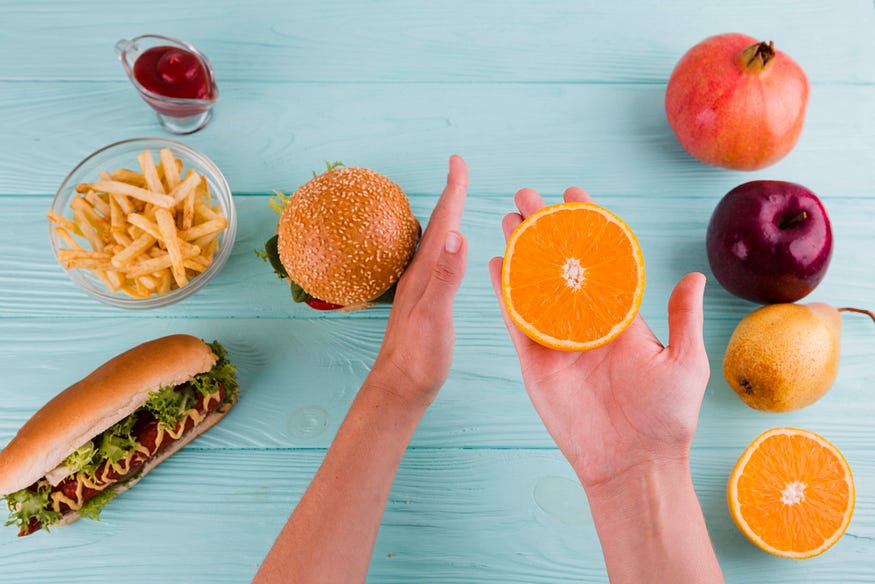How Diet Affects Your Urological Health: Foods to Eat and Avoid

Urological health is a crucial aspect of overall well-being, yet it often doesn’t get the attention it deserves. Diet plays a significant role in maintaining the health of your kidneys, bladder, and prostate. By understanding which foods to eat and which to avoid, you can take proactive steps towards better urological health. In this blog, we’ll explore the impact of diet on your urological system and provide practical tips to help you make the best dietary choices. For personalized care and advanced treatments, consider visiting Sandheep Memorial Hospital in Madurai.
The Connection Between Diet and Urological Health
Your diet can significantly influence the health of your urinary system. Certain foods and drinks can either support or harm your kidneys, bladder, and overall urological function. Adopting a healthy eating plan can help prevent common urological issues such as urinary tract infections (UTIs), kidney stones, and bladder irritation.
Best Foods for Urological Health
Incorporating specific foods into your diet can promote optimal urological health. Here are some top choices:
- Water-Rich Fruits and Vegetables: Cucumbers, watermelon, and celery help keep you hydrated and support kidney function.
- Berries: Blueberries, cranberries, and strawberries are rich in antioxidants and can help prevent UTIs.
- Leafy Greens: Spinach, kale, and other leafy greens are packed with nutrients that support kidney health.
- Nuts and Seeds: Almonds, flaxseeds, and chia seeds provide essential fatty acids and fiber.
- Whole Grains: Brown rice, quinoa, and whole wheat are excellent sources of fiber and nutrients.
Foods to Avoid for Bladder Health
Certain foods and beverages can irritate the bladder and should be limited or avoided to maintain urological health. These include:
- Caffeine: Found in coffee, tea, and soda, caffeine can irritate the bladder and increase the risk of incontinence.
- Alcohol: Alcohol can lead to dehydration and bladder irritation.
- Spicy Foods: Spices like chili peppers can irritate the bladder lining.
- Acidic Foods: Tomatoes, citrus fruits, and vinegar can cause bladder discomfort.
- Artificial Sweeteners: Found in diet sodas and sugar-free products, these can irritate the bladder.

Urology Diet Tips
Maintaining a balanced diet is essential for urological health. Here are some practical urology diet tips to help you make healthier choices:
- Stay Hydrated: Drink plenty of water throughout the day to help flush out toxins and support kidney function.
- Limit Salt Intake: Excessive salt can lead to high blood pressure, which can harm your kidneys.
- Eat a Balanced Diet: Focus on whole foods, including plenty of fruits, vegetables, whole grains, and lean proteins.
- Monitor Portion Sizes: Overeating can put extra strain on your kidneys and bladder.
- Avoid Processed Foods: These often contain high levels of sodium and unhealthy fats.
Personalized Care at Sandheep Memorial Hospital, Madurai
For those seeking expert advice and personalized care, Sandheep Memorial Hospital in Madurai offers comprehensive urological services. The hospital is renowned for its advanced treatments and dedicated healthcare professionals who specialize in kidney health and urological conditions. Whether you’re dealing with a chronic condition or looking for preventive care, the team at Sandheep Memorial Hospital can provide the support and guidance you need.
Conclusion
Healthy eating for urological health involves making smart dietary choices that support your kidneys, bladder, and overall urinary system. By incorporating the best foods for urological health and avoiding those that can cause harm, you can take significant steps towards maintaining your well-being. For expert care and advanced treatment options, consider visiting Sandheep Memorial Hospital in Madurai, where your health and comfort are their top priorities.
Comments
Post a Comment